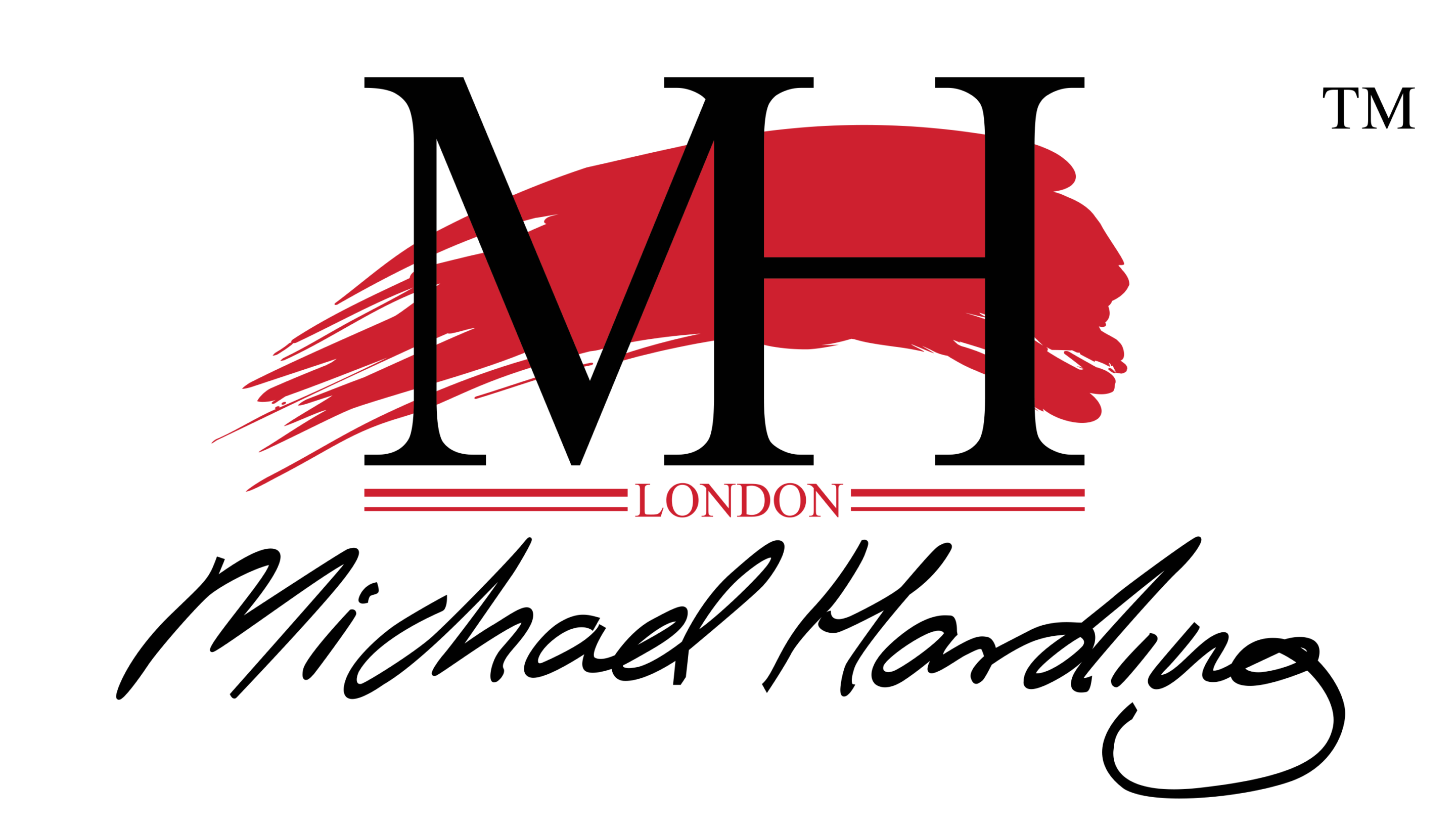HEALTH AND SAFETY:
All Michael Harding oil paints have been tested and conform to the ASTM-D 4236 standards. The following industry-standard “best practices” should be observed when using any and all fine art oil paint products and media.
SAFETY RECOMMENDATIONS:
Handling Paints and Mediums
• Don’t smoke and paint. Paint on hands and fingers can make its way to the cigarette and thus be inhaled. This is extremely dangerous even with paints that are labelled non-toxic.
• Don’t eat and paint. Again, paint can make its way from hands and fingers onto foods you eat with your hands. Wash your hands thoroughly to ensure there is no residue on your hands and fingers before eating. Don’t open food containers or bottles when your hands have paint on them.
• As a general precaution, do not allow paint to come in contact with your skin in such a volume that might cause skin sensitivity.
• Some paints contain metals such as lead. Keep these products out of the reach of children.
Studio ventilation
Studio ventilation is of utmost importance when using our mediums because some of them contain turpentine which can cause unpleasant headaches.
• Ensure you have proper ventilation. No matter the size of your studio, you will need to ventilate your painting area. In smaller studios having windows open and an exhaust fan may fullfill ventilation safety practices. In any case, you want to make sure you are blowing air out of an enclosed studio space and have a source of fresh air at all times.
• Don’t sleep in a room where paint, mediums or varnishes are stored or being used.
Rags, paper and cloth with paint and/or solvents on them are combustible
• Never leave rags, paper towels or material with paints on them in an indoor bin.
• Remove waste from indoor bins to a proper outdoor metal waste receptacle: it should have a metal lid and be away from direct sunlight and/or high temperatures and be full of water.
• If you must work in a studio where art material waste piles up throughout the day, be sure to “dampen down” the waste receptacle allowing no chance for any waste to ignite. This is accomplished by saturating waste bin contents with water.
While linseed and other drying oils are not considered toxic, these oils may self-combust when on rags and placed in piles. Always dispose of rags by first soaking them in water then removing them from an indoor location to a secured outdoor location where they can be picked up by a professional service to be cleaned or taken to a disposal site. This is recommended with all brands of oil paints and solvents not just Michael Harding’s.
Read and understand MSDS, Material Safety Data Sheets and SDS, Safety Data Sheets. Every manufacturer of paints, mediums and varnishes is required to provide MSDS and/or SDS to retail outlets when shipping products. Most often you will find the MSDS or SDS with the retailer or by querying the manufacturer for them on the specific product acquired. Michael Harding Artist Oil Colours will provide them upon request, and you can download them from the website.
Cadmium colours are not officially subject to the same regulations covering lead-based products, however, this does not mean they are non-toxic. Treat all paint sensibly to avoid problems.
